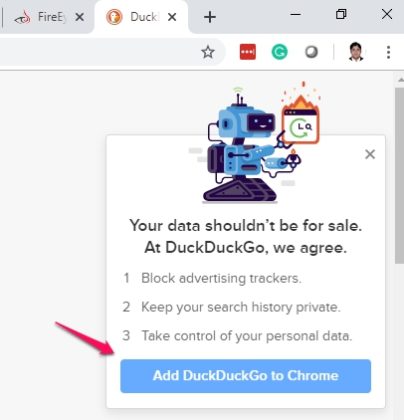
“These allegations are misleading, conflate a number of different web projects and standards, and repeat a number of false claims,” a Google spokesperson said in a statement. In a statement, Google said it disagreed with the “allegations” put forward by the other companies. In December, Google also introduced Bento, a component library that allows AMP components to be used within non-AMP pages. Google, for its part, has slowly moved away from AMP to prioritize what it calls Web Stories. Brave has also contested that Google’s AMP pages can load more slowly than other publishers’ pages. “AMP is one of many Google strategies to further monopolize the Web, and build a Web where users serve Google, instead of websites serving users,” Brave’s privacy manager, Shivan Sahib, and its senior director of privacy, Peter Snyder, have written.īrave’s Sahib and Snyder have also noted that users aren’t served well by AMP, either because the page is hosted by Google, users may become confused about what site they’re interacting with.


Browser developers like Brave also point out that serving up AMP pages lets Google host the page, format it, and decide how to frame the story.


 0 kommentar(er)
0 kommentar(er)
